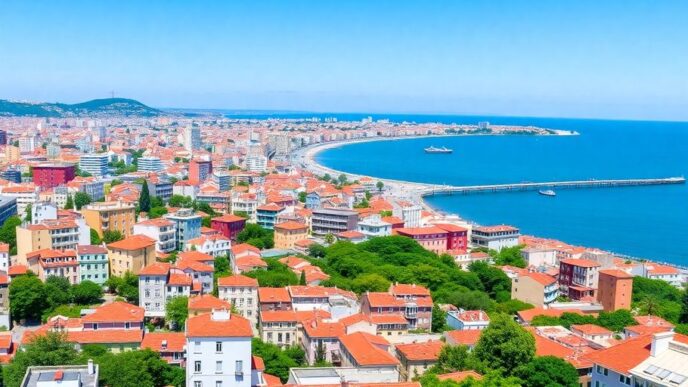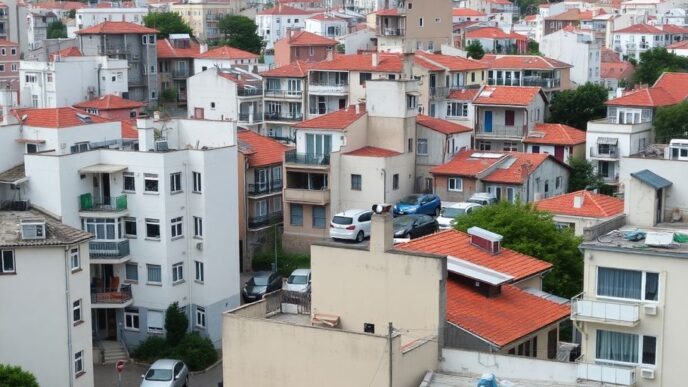Research from housing experts Idealista appear to show that the housing crisis in Portugal has reached alarming levels, with recent surveys indicating that nearly 30% of the population considers housing to be the country’s most pressing issue. This concern is exacerbated by the government’s recent housing initiatives, which have been criticized for their limited impact on the availability of new homes.
The Current State of Housing in Portugal
Citing the latest Eurobarometer survey, Idealista say that housing remains a significant concern for many Portuguese citizens. While the percentage of those identifying housing as a primary issue has decreased slightly from the previous spring, it still stands at 28%. This figure is notably higher than the EU average, where only 13% of citizens cite housing as a major problem.
In comparison, countries like Ireland (63%), Luxembourg (51%), and the Netherlands (47%) report even higher levels of concern regarding housing. In stark contrast, nations such as Sweden, Greece, and Bulgaria show minimal concern, with only 2% of their populations identifying housing as a critical issue.
Implications for Urban Areas
The majority of the new housing units are expected to be concentrated in metropolitan areas, particularly in Lisbon and Porto. This focus on urban centers may alleviate some pressure in these regions but does little to address the broader national housing crisis.
While the government’s initiative may lead to improvements in public housing availability, it falls short of the ambitious goal of increasing public housing from 2% to 5% of the total housing stock, which would require an additional 170,000 units.









![boats docked near seaside promenade]](https://theportugaldaily.com/wp-content/uploads/2025/01/68dde244thumbnail-332x166.jpeg)
![boats docked near seaside promenade]](https://theportugaldaily.com/wp-content/uploads/2025/01/68dde244thumbnail-688x387.jpeg)



